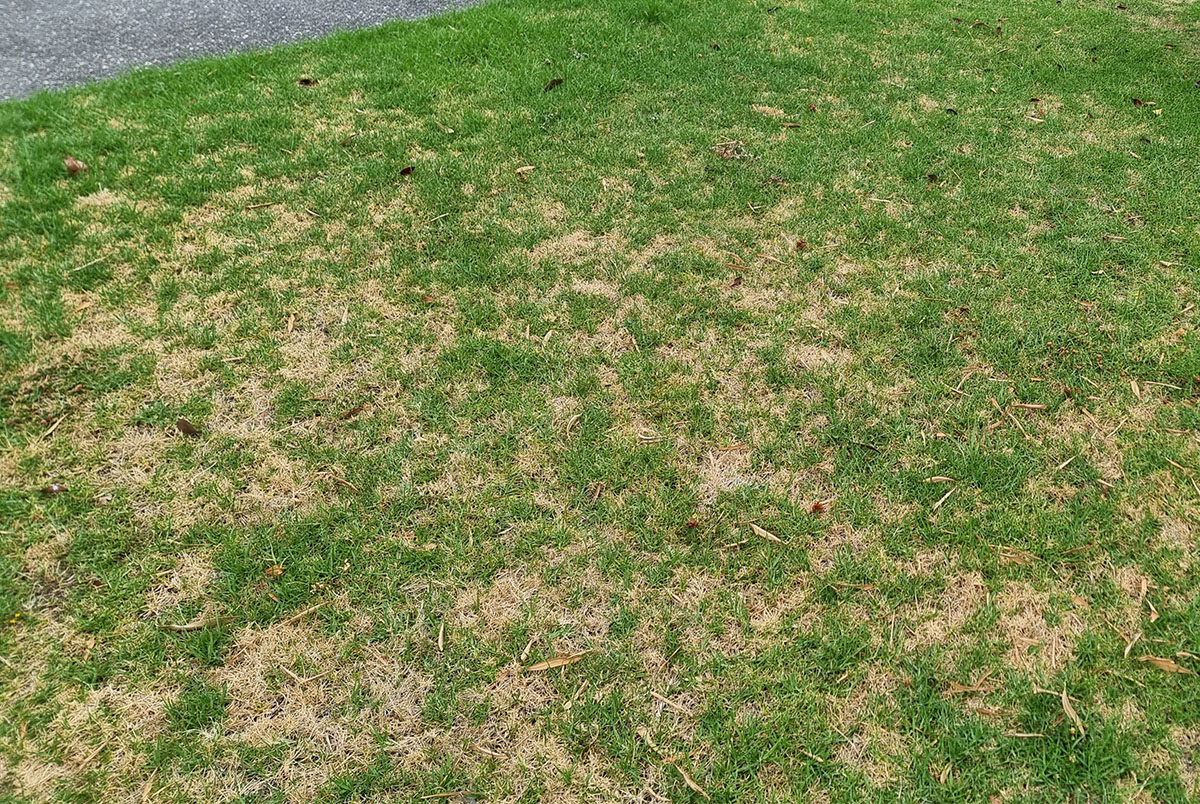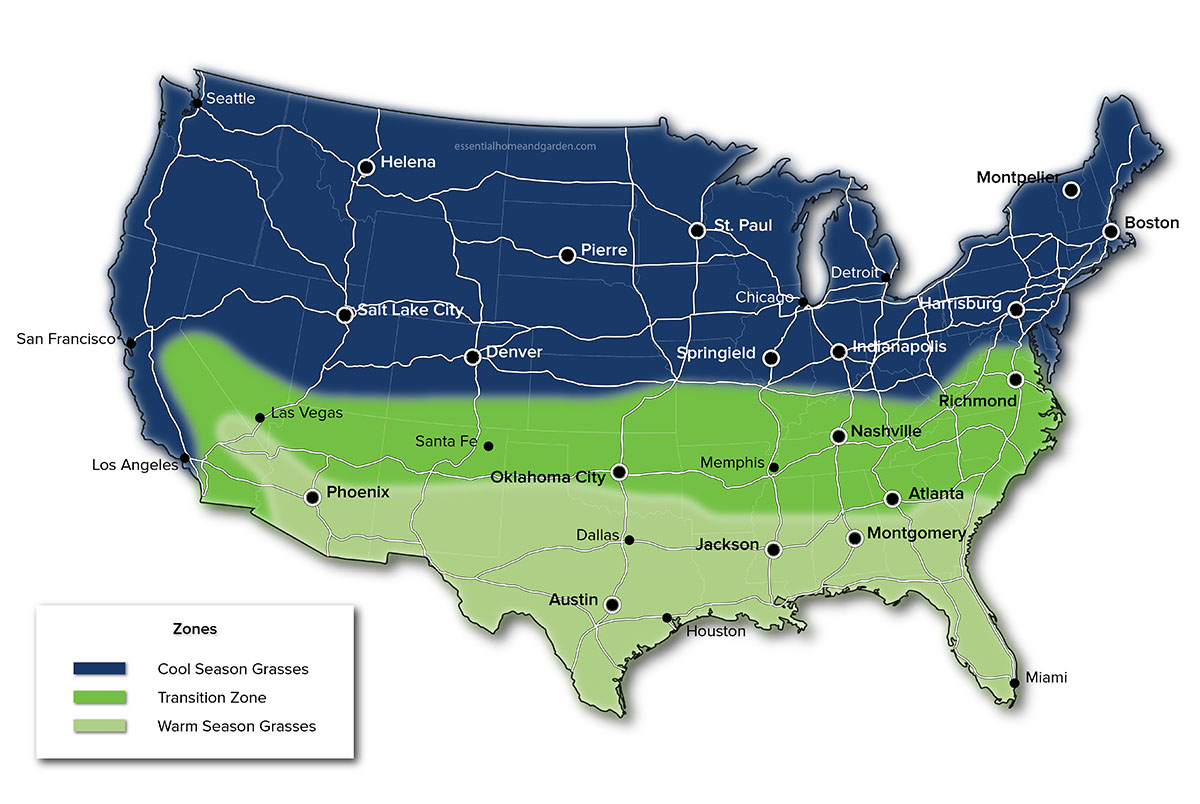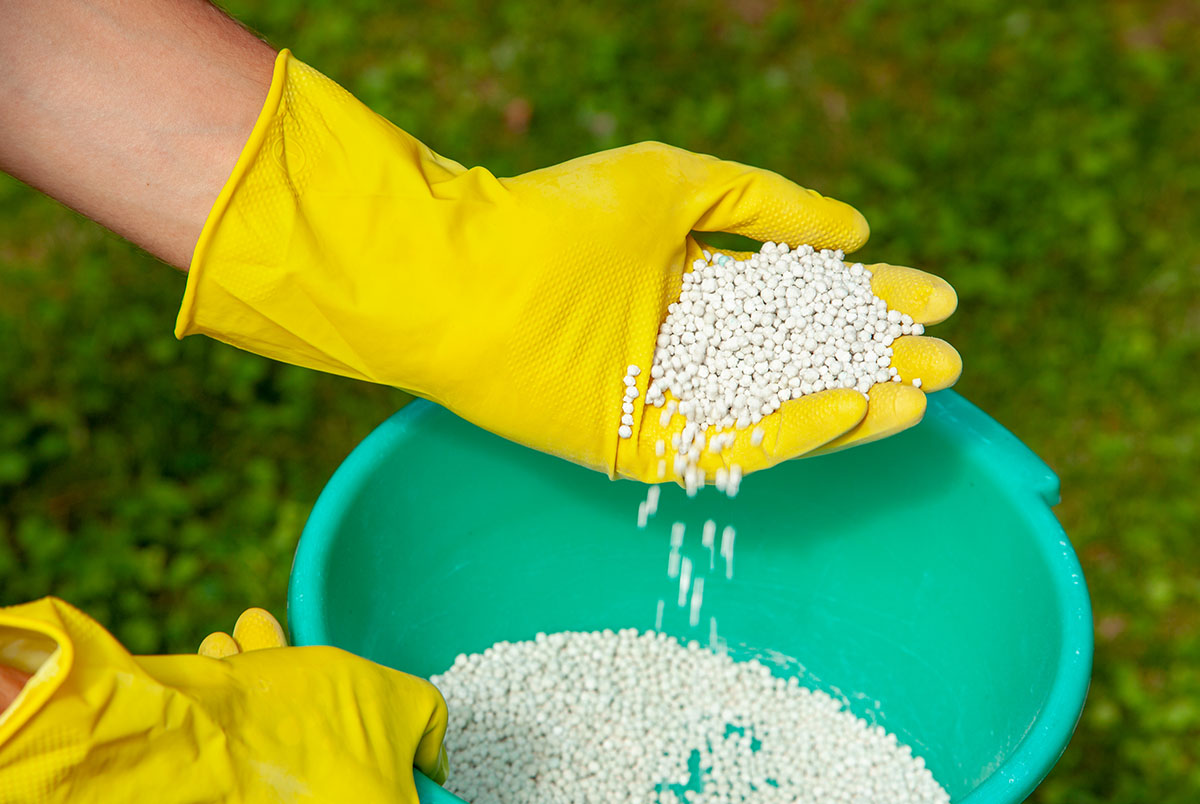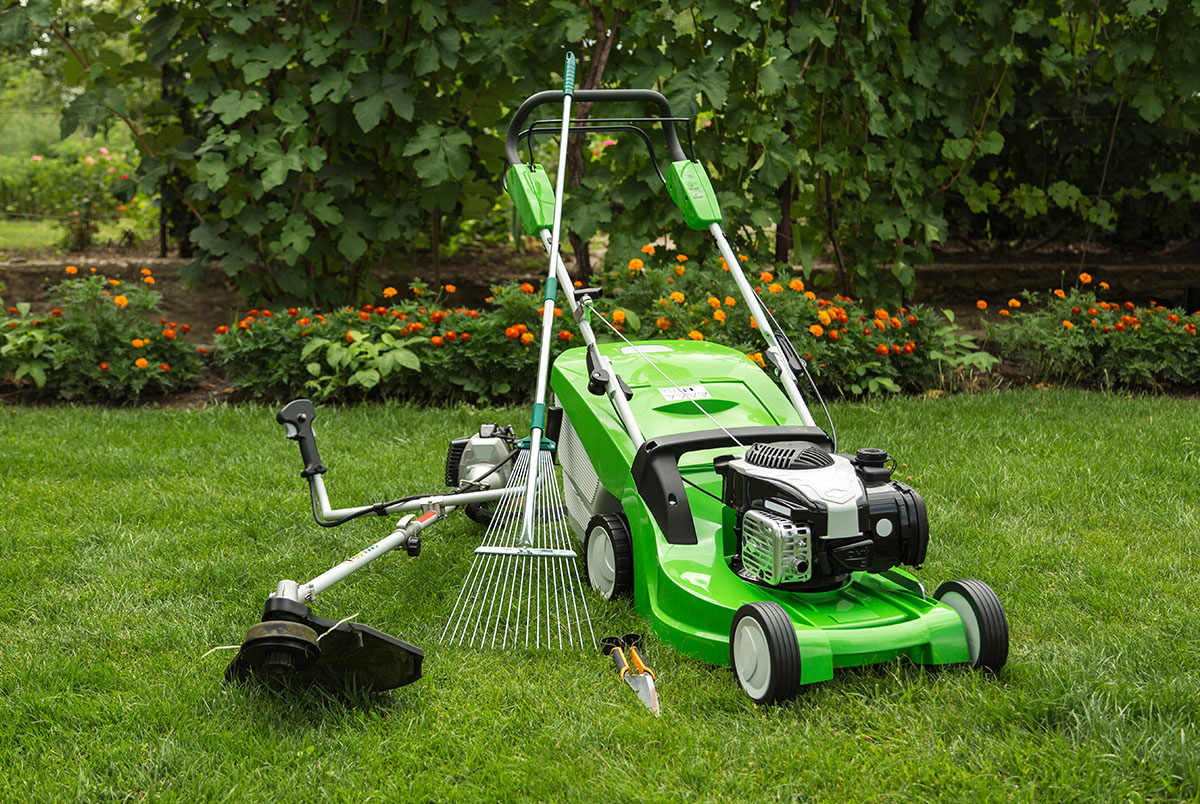Lawn Care
Cultivating your lawn to look its best is a joy for many of us. But maintaining the grass in your yard to look its best isn't always as easy as we might like. Choose from the categories below to read our easy to follow lawn care guides and get you on the way to have the best looking grass in the street!
Lawn Problems
From pests and weeds to lawn damage. Let us help you find the problem and the solution. Our in-depth lawn guides cover common lawn problems from compact soil to trespassing pooches and everything in between, so you can get back to greener pastures with less effort and in less time.
Types of Turf Grass For Your Lawn
Different species of grasses are used to cultivate a lawn. Turf grass is often separated into two distinct groups; cool season grasses and warm season grasses. Learn about what makes these types of groundcover different and how to look after each one.
Lawn Fertilizer
Choosing the right fertilizer for your lawn is critical. Balancing the Nitrogen, Phosporous and Potassium (NPK) can make the difference between a lush green turf and brown wasteland. Follow our guides on lawn fertilization and keep your grass looking great.
Tools & Equipment For Your Lawn
Whether its a mower, a leaf blower, an aerator or one of the many other types of lawn care equipment you need, we have you covered. Let us help you take the guesswork out of greening up grass with our lawn tips, tricks, and product recommendations.
Lawn Maintenance
Lawn maintenance is the key to a green and healthy yard. Just like plants need care, your grass does too! Think of it as giving your lawn a haircut. Mowing helps it grow evenly. But there's more to it than just cutting the grass. Fertilizer is like food for your lawn. It gives the grass all the good stuff it needs to grow thick and strong. So, whether you're looking to give your lawn a fresh cut or feed it the best food, you're in the right place. Dive into our articles and learn all about lawn maintenance, mowing, and using the right fertilizer. Let's make your grass the talk of the town!
Best Grass Seed By Region
Choosing the right grass seed type for your region or state might sound hard, but not if you follow our handy region-by-region and state by state guides.
Click Here To Discover The Best Grass For Your RegionRecent Lawn Care Articles


A Guide to Heat-Tolerant Grass Varieties for a Lush Lawn
Explore heat-tolerant grasses ideal for warm summers and moderate winters. This detailed guide covers Bermudagrass, St. Augustine, and Zoysia Grass varieties, plus tips on soil preparation, seeding, and lawn maintenance.


When to Plant Grass Seed in Massachusetts
Learn the best practices for planting grass seed in Massachusetts from seasoned lawn care experts. This article covers optimal planting times, soil preparation tips, and how to choose the right grass type for your area.


Ironite vs Milorganite: Decoding the Best Lawn Fertilizer Choice
Discover the differences between Ironite and Milorganite for a lush lawn. Learn how each fertilizer serves unique purposes and choose the best for your yard.
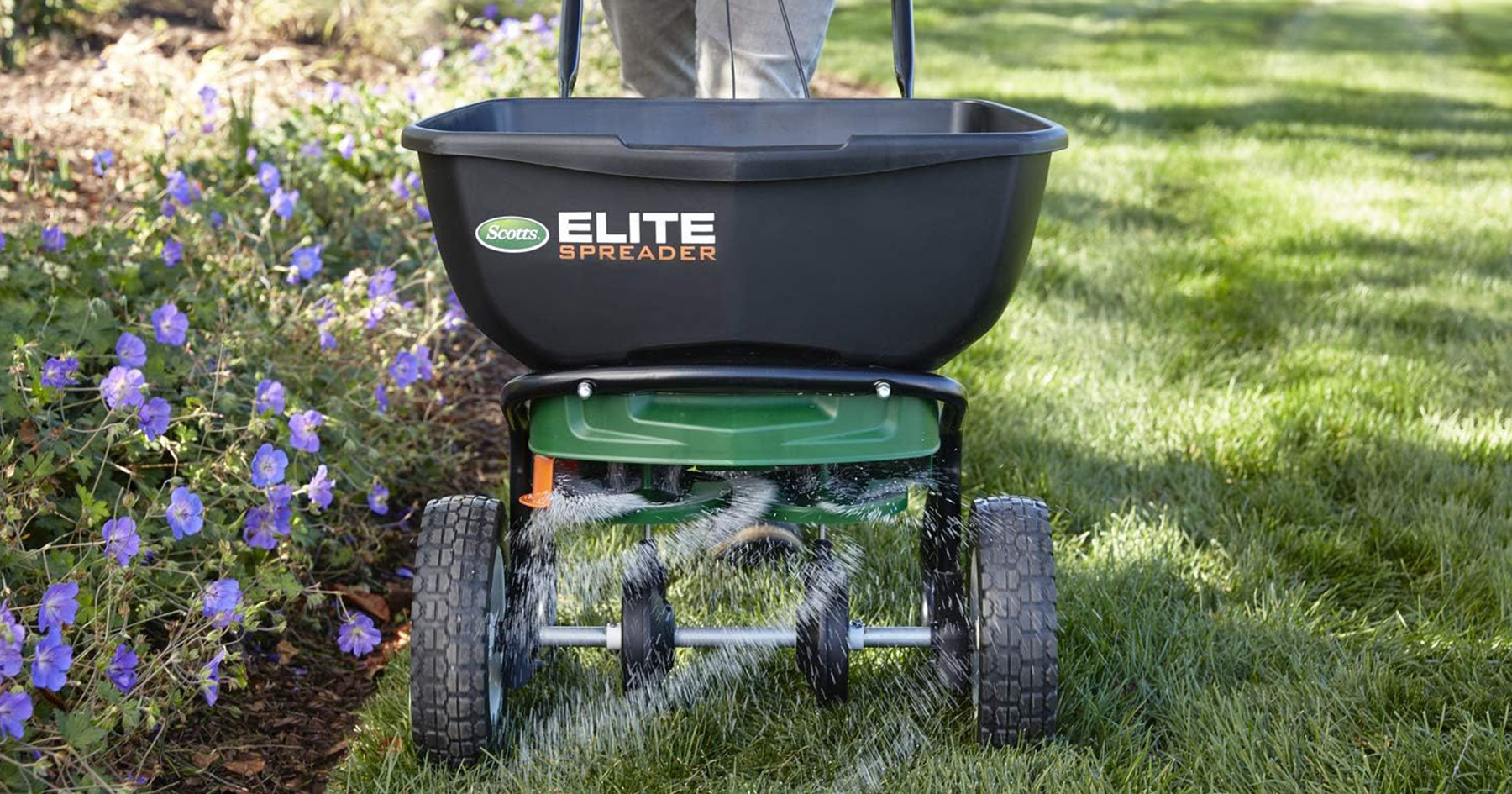

Scotts Elite Spreader Review: Is It Worth the Hype?
Scotts Elite Spreader Review: Is it Worth It? Learn about the pros and cons of this advanced lawn spreader. Make an informed choice for your lawn care needs.
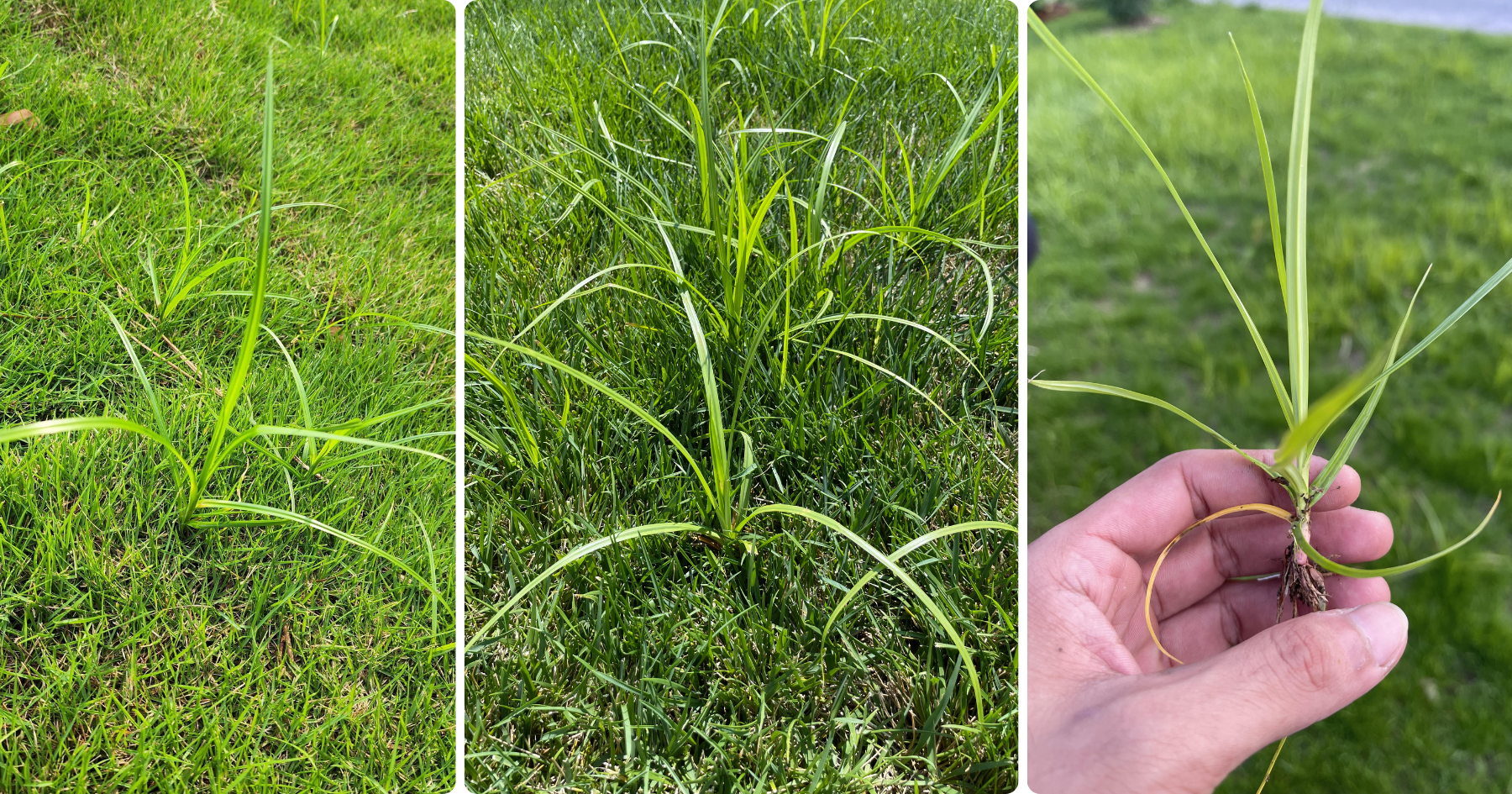

How to Get Rid of Nutsedge: Simple and Effective Solutions
Say goodbye to nutsedge troubles with our simple solutions. From hand-pulling to herbicides, learn how to control nutsedge and enjoy a beautiful lawn.
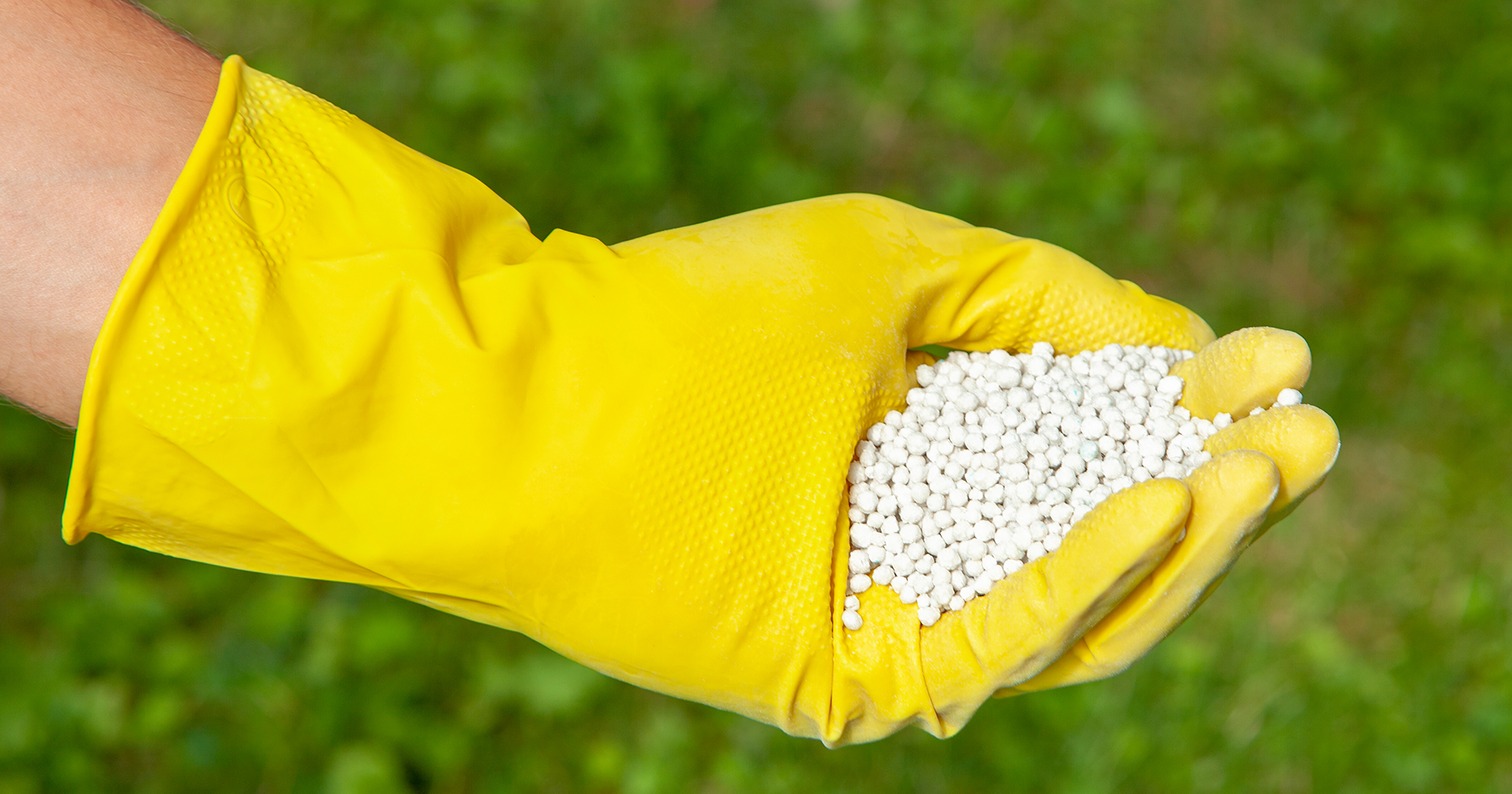

The Best Fertilizer for Zoysia Grass – Choosing The Right Lawn Fertilizer
Discover the top-rated fertilizer for Zoysia grass in our comprehensive guide. Get that lush green lawn you've always dreamed of!
